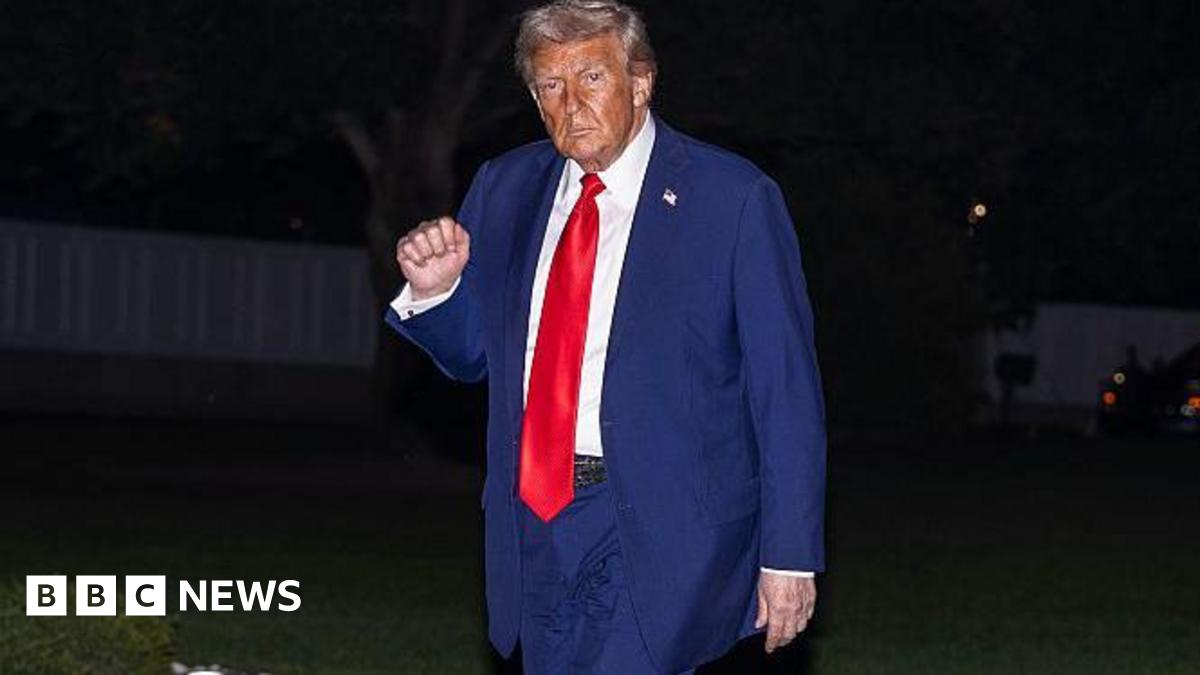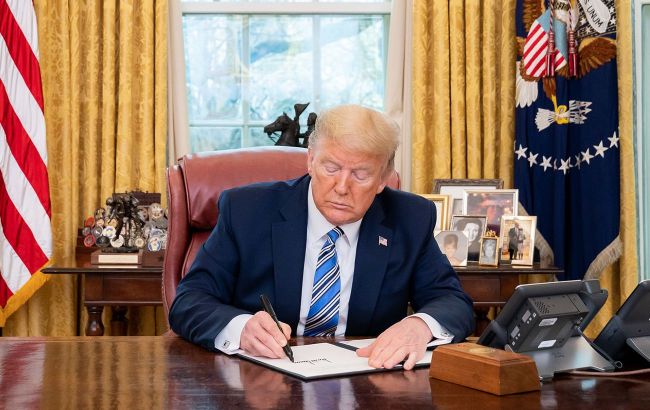Trump's Birthright Citizenship Order Faces Supreme Court Review
The legality of former President Donald Trump's executive order seeking to end birthright citizenship is once again before the Supreme Court. U.S. Solicitor General D. John Sauer has asked the court to review lower court decisions that deemed the order unconstitutional, setting the stage for a potentially significant legal battle over the 14th Amendment.
The Executive Order and Its Challenges
Signed on January 20, 2025, the first day of Trump's second term, the executive order directed U.S. government agencies to deny citizenship documents to children born to illegal immigrants or those without at least one parent who is an American citizen or lawful permanent resident. This order was intended to change the interpretation of the 14th Amendment’s Citizenship Clause.
The order faced immediate legal challenges. Lower courts, including the U.S. Court of Appeals for the Ninth Circuit and a federal judge in New Hampshire, issued rulings against the administration, arguing the order contradicted the 14th Amendment. These courts cited established precedent interpreting the amendment's guarantee of citizenship to those born in the U.S.
Legal Arguments and Historical Context
Sauer's petition to the Supreme Court argues that the Citizenship Clause was originally intended to grant citizenship to newly freed slaves and their children, not to children of temporary visitors or illegal aliens. This interpretation, he claims, aligns with the original understanding and history of the clause.
The legal debate hinges on the interpretation of the 14th Amendment, particularly its application to those born in the U.S. to parents who are not citizens or permanent residents. The amendment's text states: "All persons born or naturalized in the United States, and subject to the jurisdiction thereof, are citizens of the United States and of the State wherein they reside."
The government has a compelling interest in ensuring that American citizenship—the privilege that allows us to choose our political leaders—is granted only to those who are lawfully entitled to it.
Previous Supreme Court Involvement
The Supreme Court previously addressed this issue in May, focusing on the power of lower courts to issue nationwide injunctions. While the court narrowed the scope of such injunctions in June, the underlying question of the order's legality remained unresolved. The current appeal directly addresses the merits of the executive order itself.
Potential Impact and Next Steps
If the Supreme Court takes up the case, oral arguments are likely to occur next year, with a decision expected by late June or early July. The outcome could have profound implications for the approximately 150,000 children born annually in the U.S. to parents who are not citizens.
Critics of the order have expressed concerns about the uncertainty and anxiety it has caused for many Americans and residents without permanent citizenship. The lack of clear court consensus adds to the confusion and fear surrounding the executive order.
| Key Figure | Role |
|---|---|
| Donald Trump | Former President who issued the executive order. |
| D. John Sauer | U.S. Solicitor General arguing for the order's legality. |
The legal challenges highlight the ongoing debate surrounding immigration policy and the interpretation of the 14th Amendment. The Supreme Court's decision will have far-reaching consequences for the definition of citizenship in the United States.
 Visit the website
Visit the website






